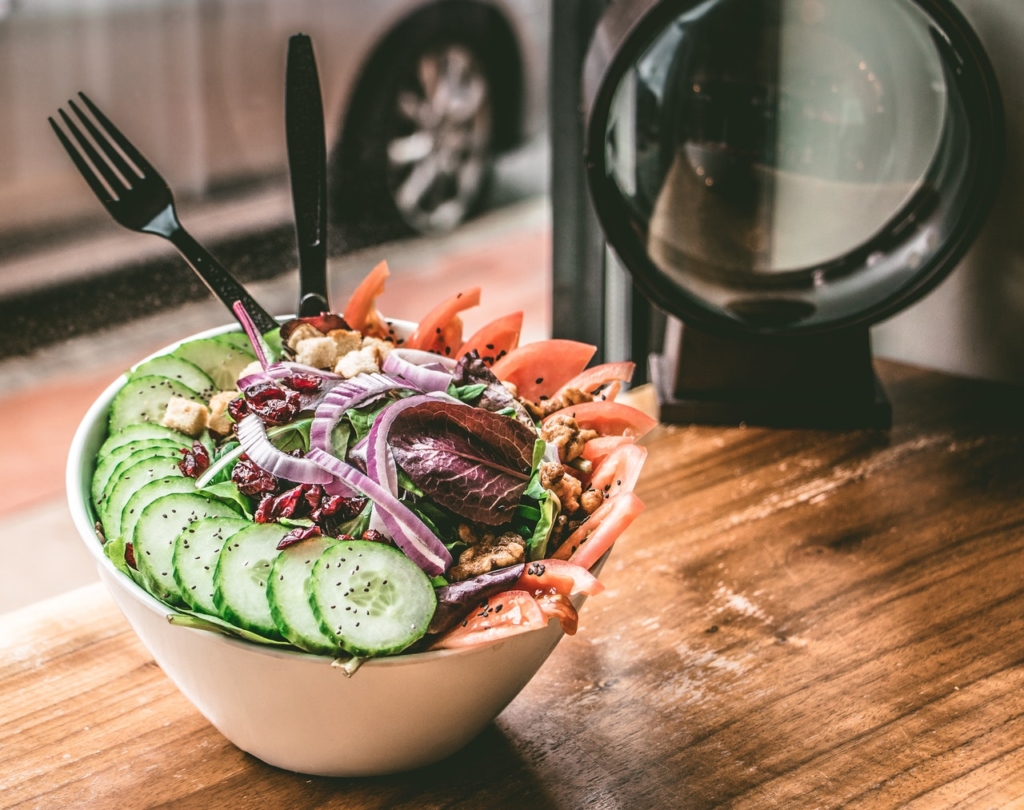A stroke occurs when oxygen to the brain is cut off. This abrupt interruption in blood supply to the brain can cause serious injury or even death. There are various types of stroke, the most common being an ischemic stroke, which is caused by a blood clot. Other times, an intracerebral hemorrhage or subarachnoid hemorrhage can be responsible.
While strokes are a very serious health event, there are things you can do to help prevent them. Lowering blood pressure, losing weight, exercising more regularly, managing diabetes and quitting smoking are all great ways to reduce your risk of a stroke.
Researchers are also looking into klotho proteins as a way to prevent strokes. These proteins, which are naturally occurring in humans, are involved in many essential biological pathways. The proteins appear to have significant influence on longevity, cognition and preventing age-related deterioration. Klotho therapy is an emerging technology that can potentially reduce the effects of aging and mitigate age-related health conditions like strokes.
While the research around klotho proteins is advancing, there are additional steps you can take to reduce your risk of a stroke. Making adjustments to your diet is one great way to do this.
Making the following changes to your diet can help improve your health and prevent the chance of a stroke:

Reduce Your Salt Intake
One of the best ways to reduce the risk of a stroke is to lower your blood pressure. Excess sodium can cause blood pressure levels to soar. High blood pressure is one of the biggest indicators of an increased risk of stroke.
To cut down on sodium, use spices and herbs to flavor your food instead of salt. Processed foods like cold cuts, freezer meals and salad dressings are often full of sodium. Rinsing canned beans and vegetables before serving can help reduce salt levels. Reducing portion sizes of salty foods like pasta sauce is another great way to cut down on sodium intake.
Avoid High Cholesterol Foods
Foods like full-fat cheese, red meat and rich desserts are often high in cholesterol, which can clog arteries and lead to heart disease or stroke. While giving up these foods can be hard, reducing your intake of these items may help reduce your risk of a stroke .
Simple things like replacing steak with salmon once a week and swapping out full-fat cheddar for cheeses that offer less fat are good steps to take to lower your cholesterol intake.
Drink in Moderation
Studies have shown that drinking more than two alcoholic drinks a day can raise your risk of stroke. A standard drink is defined as five ounces of wine, 12 ounces of beer or 1.5 ounces of hard liquor. Sticking to two drinks a day is a healthy level of moderation that can help you maintain your calorie intake and reduce the health risks associated with drinking too much.
Eat to Treat Diabetes
If you are diabetic or prediabetic, it is important to make healthy choices when planning your meals. High blood sugars can damage blood vessels over time and increase the risk of blood clots. These clots can cause blockages that can trigger strokes.
In the future, doctors will look to medical advances like klotho therapy to help aid prevention.
You can talk to your doctor today about your stroke risk. He or she may recommend making certain modifications to your diet and lifestyle to help prevent stroke. A diet that is low in calories, has smaller portions, and focuses on vegetables, whole grains, lean proteins, and healthy fats can go a long way in preventing the risk of a stroke.
